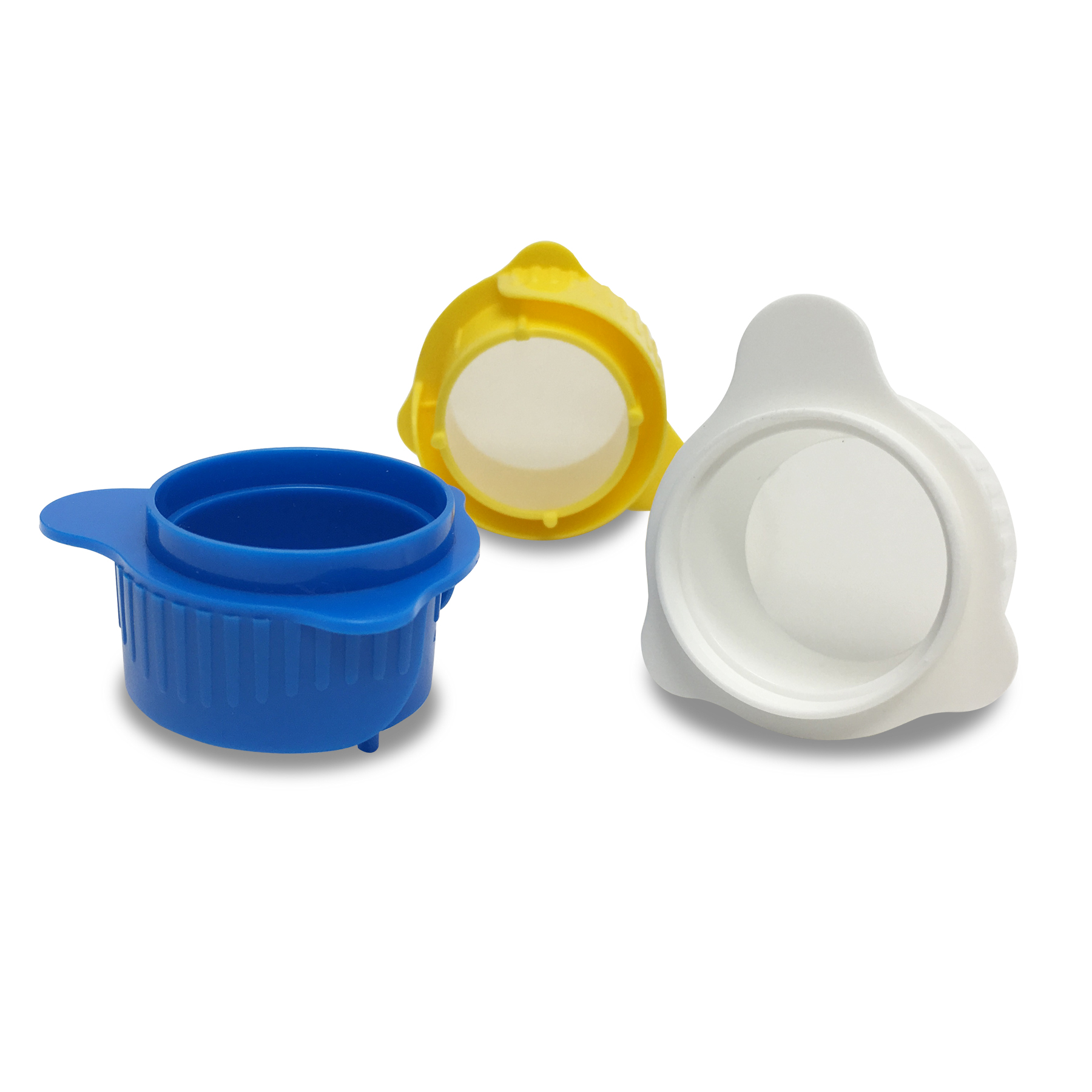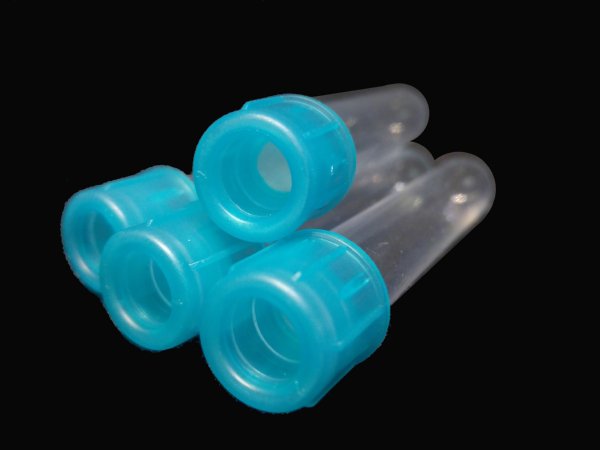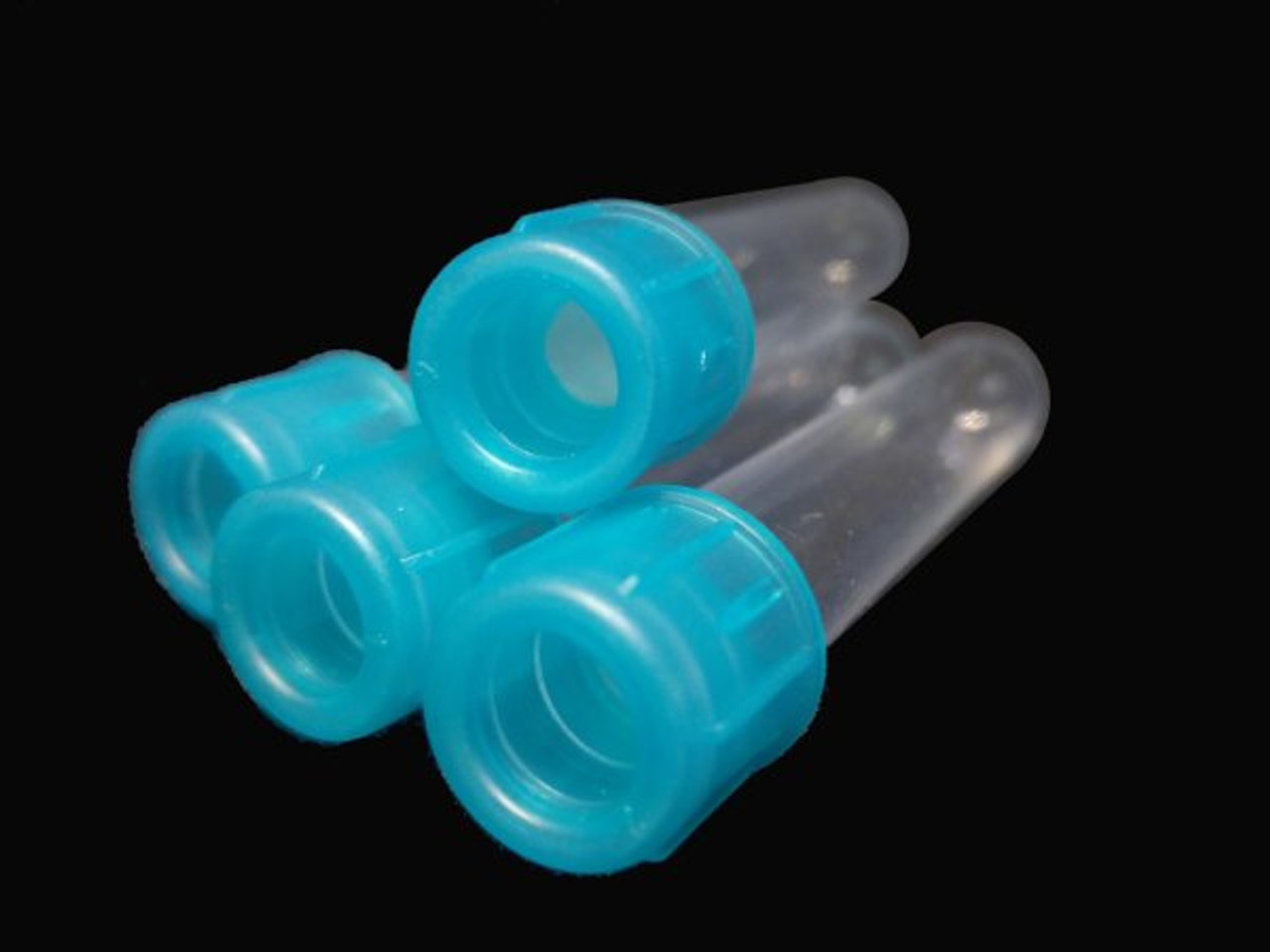In many life science situations, scientists would like to identify specific cells and isolate them. Add fluorescence labeling to flow cytometry and scientists can separate cells with fluorescence-activated cell sorting (FACS).
With FACS, scientists can corral a group of specific cells for further analysis, and researchers find lots of ways to use that technology.
In China, for example, one group of scientists explored the creation of 3D cultures of human mesenchymal stem cells (hMSCs) in a serum-free approach, which is crucial for many clinical applications.
They reported: “FACS results showed that the recovered cells retained MSC-specific surface markers,” which means that the resulting hMSCs could be good models to use in clinical studies.
Working in Gujaret, India, another team of scientists used FACS to analyze the cell cycle of colorectal carcinoma cells. From that work, the researchers showed that a bioflavanoid, acacetin, caused cell death—apoptosis—in these cells.
Consequently, the scientists concluded that this process driven by acacetin “may potentiate its anticancer and chemotherapeutic prospects against colorectal carcinoma.”
Despite all of the medical uses of FACS, this technology extends even farther. As an example, a group of scientists from U.S. national labs used FACS to study soil microbiomes—the collection of microbes in a soil sample.
Specifically, these researchers used BONCAT-FACS (bioorthogonal non-canonical amino acid tagging-FACS).
From this research, the scientists determined that “BONCAT-FACS is effective for interrogating the active fraction of soil microbiomes in situ and provides a new approach for uncovering the links between soil processes and specific microbial groups.”
Picking the products
Putting a method to use in so many ways depends on the right tools. For example, scientists need the right cell strainers and tubes to keep the FACS straight.
To strain cells for FACS analysis, Stellar Scientific carries SwiSH premium cell strainers in 40, 70 and 100 microns.

These even come with a reducing adapter for 5mL FACS tubes, such as the 5mL Round Bottom Polystyrene FACS Tubes Without Cap.
When needed, scientists can also pick tubes that come with a strainer, such as the 5mL Round Bottom Polystyrene FACS Tubes With 35um Strainer Cap.

For more ways to make lab life easier, go to Stellar Scientific and just search for FACS.
There are more products to explore!


